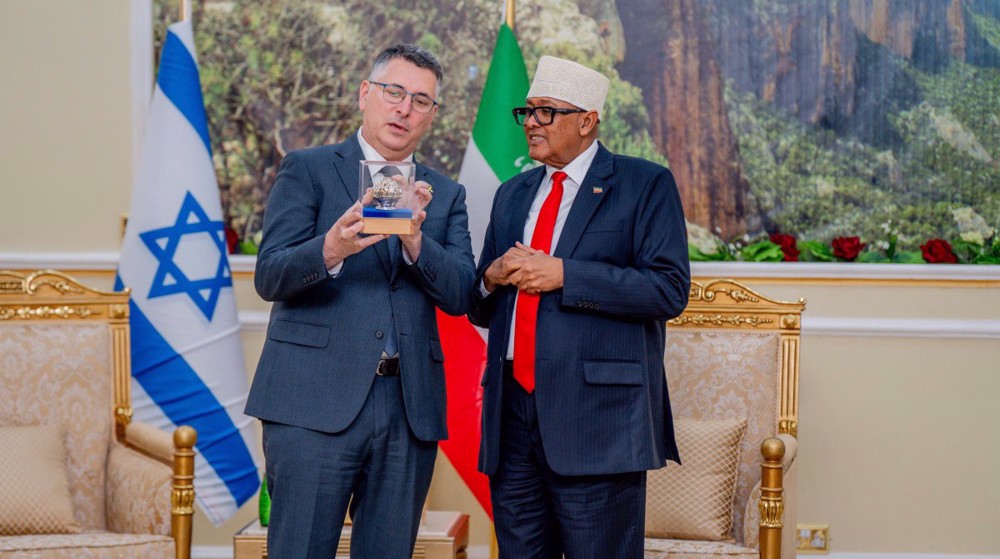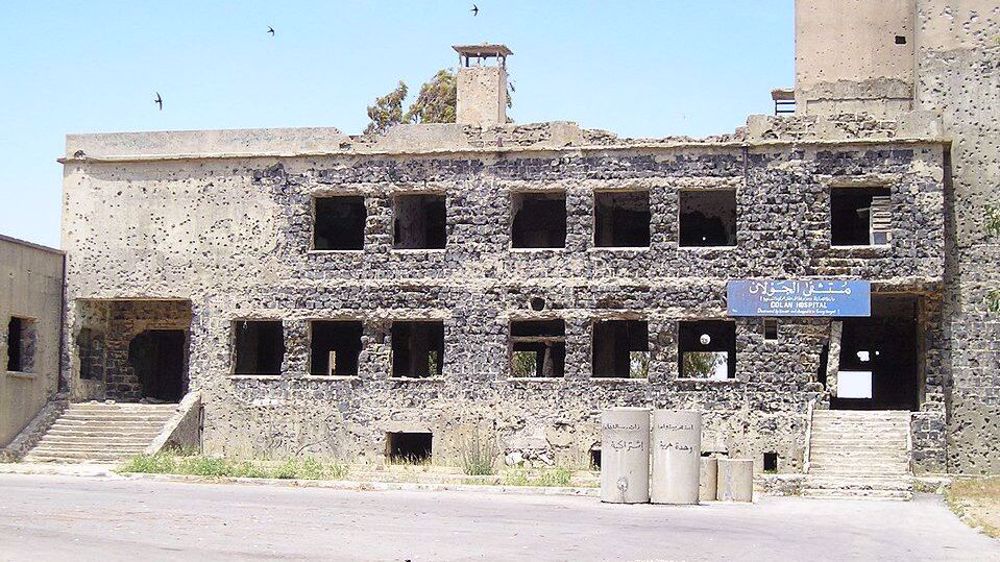Signalling troubles ahead, Netanyahu delays Persian Gulf trip for 3rd time
Israeli prime minister Benjamin Netanyahu’s has postponed his first visit to the UAE for the third time, signalling rising difficulties which their bizarre relationship is facing.
His office said on Thursday that Netanyahu had delayed his trips to the Persian Gulf country and neighboring Bahrain over what was described as restrictions on air travel as part of the COVID-19 lockdown in the occupied territories.
The cancellation came after Israeli and UAE teams had actually coordinated the logistics of Netanyahu’s visit.
Late last month, Hebrew-language media outlets reported that the Israeli premier had significantly shortened his visit to the Persian Gulf states, and instead of the planned tour of Abu Dhabi, Dubai, and Bahrain only planned to briefly visit Abu Dhabi, with the other legs canceled.
The shortened itinerary from three days to just three hours included a meeting with Abu Dhabi's crown prince and de facto ruler of the UAE, Sheikh Mohammed bin Zayed Al Nahyan, at his palace.
Israeli authorities said Netanyahu feared that traveling to the Persian Gulf region would spark criticism and backlash.
There have recently been tensions between Israel and the UAE over the coronavirus restrictions.
Last week, head of public health at the Israeli health ministry, Sharon Elroi-Price, blamed some of the high level of COVID-19 morbidity on Israelis who had visited Dubai.
“In two weeks of peace with [the UAE], more Israelis died than in 70 years of war,” Elroi-Price said.
The remarks angered UAE authorities. Netanyahu’s office apologized soon after, asserting that Elroi-Price was blaming Israeli policies, not the UAE, for the COVID-19 situation in occupied territories.
A meeting between Netanyahu and bin Zayed would have been a clear demonstration of warming relations between Tel Aviv and Abu Dhabi at a time when the UAE’s relations with the US have quickly and suddenly taken a nosedive.
US President Joe Biden has suggested freezing or reversing some of the gestures that his predecessor Donald Trump made toward the UAE while facilitating the so-called Abraham Accords.
The Biden administration has also announced that it was reviewing Trump-era agreements to sell F-35 fighter jets to the UAE and arms to Saudi Arabia.
On Monday, Biden said he would keep US tariffs in place on aluminum imports from the United Arab Emirates, reversing a last-minute move by his predecessor to grant the Persian Gulf nation relief from the duties.
Analysts say Netanyahu would now need to reassure the Emiratis of Tel Aviv’s close ties as the Biden administration moves to put more daylight.
Netanyahu signed agreements with Emirati Foreign Minister Sheikh Abdullah bin Zayed Al Nahyan and Bahrain's Foreign Minister Abdullatif Al Zayani during an official ceremony hosted by Trump at the White House on September 15 last year.
Palestinians, who seek an independent state in the occupied West Bank and Gaza, with East Jerusalem as its capital view the deals as a betrayal of their cause.
Deadly clashes erupt in Syria’s Aleppo as US-backed Kurds defy HTS rule
FM Araghchi: Iran’s internal affairs solely matter of its people
Iran army chief: Enemy threats will not go unanswered
Iran: Israeli FM’s visit to Somaliland a ‘dangerous precedent’
Rome protests Maduro abduction by US
Leader of Yemen’s separatists flees ahead of talks in Saudi Arabia
Venezuela to deliver 30-50 million barrels of oil to US: Trump
VIDEO | Press TV's news headlines













 This makes it easy to access the Press TV website
This makes it easy to access the Press TV website